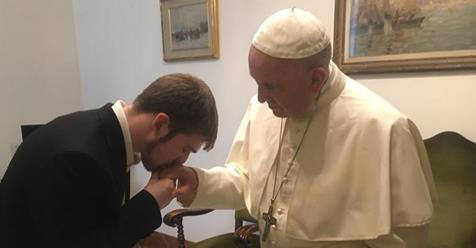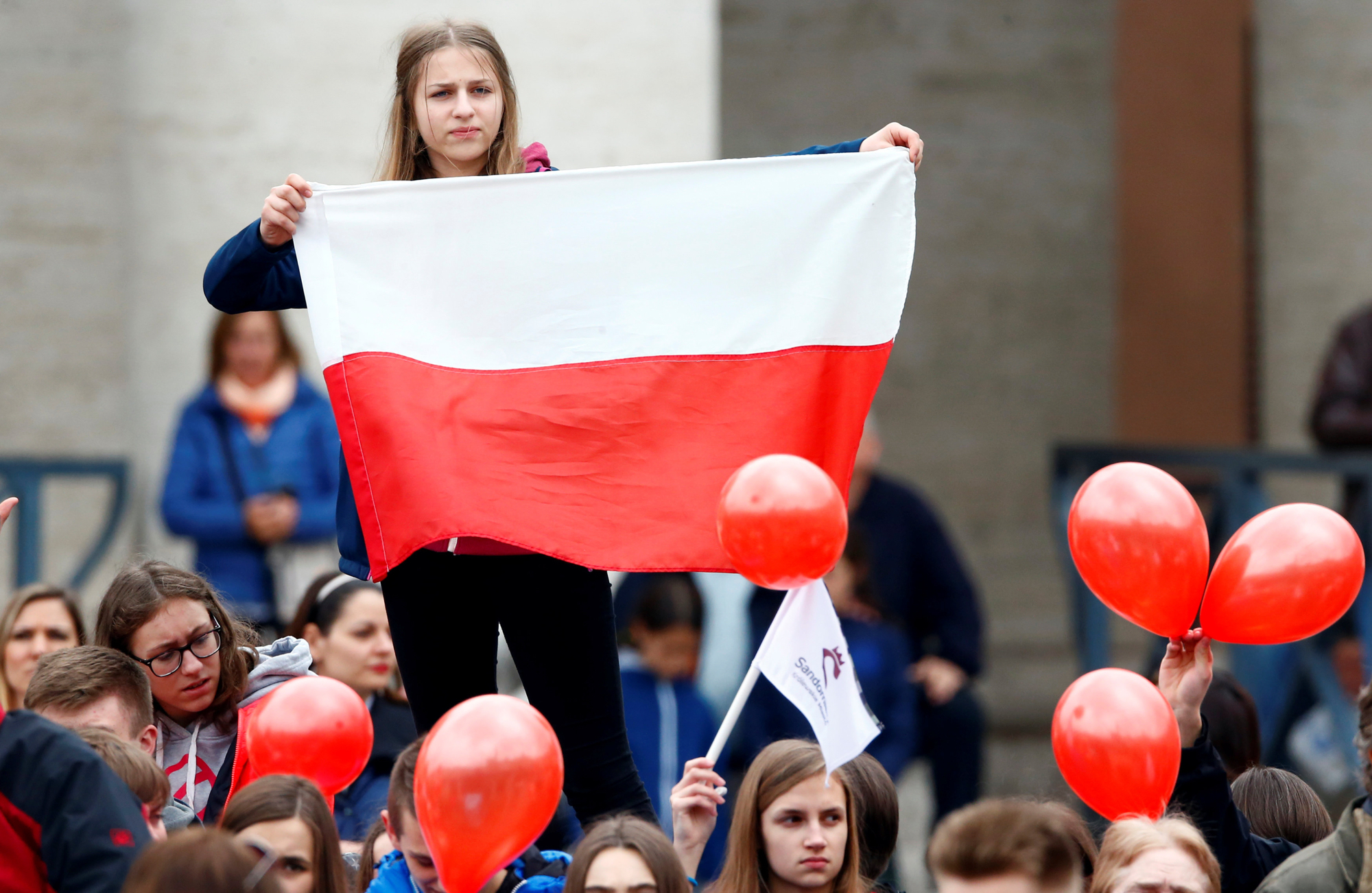Poland's Catholic bishops have for the first time urged Poles living in Britain and other countries to join local Catholic communities, conceding they now lack enough priests and parishes to meet expatriate and migrant needs.
"Bishops in other countries count on help from Polish Catholics - recognising the unity of faith and your responsibility for the Church, you should make efforts to maintain good and regular contacts with Catholics of other nationalities", the Warsaw-based Bishops Conference said. "Respect the country which has accepted you, given you work and a chance to develop. Mature patriotism has nothing to do with nationalism, or with closing oneself off from other cultures and traditions".
In a pastoral letter to Polish Catholics abroad, marking the centenary of the country's 1918 independence, the bishops said they were grateful to more than 2000 Polish priests and nuns currently ministering to Poles worldwide, as well as to those assisting with liturgical, educational, cultural and charitable work. However, they added that there were now insufficient Polish clergy to "reach all the places where Poles are found", and said Catholics should make up for the shortage by attending local churches instead.
"Your witness will have a positive influence on the faithful of other national national groups", said the letter, to be read at all Polish Masses abroad on 29 April. "As representatives of the Church in Poland, we express warmest thanks to bishops from local churches for their openness and understanding of the religious needs of our countrymen".
The Polish Church runs its own pastoral networks in various countries, including England and Wales, where the London-based Polish Catholic Mission, or PMK, currently operates 217 parishes and pastoral centres, served by 120 full-time Polish priests, and has expanded since Poland's 2004 accession to the European Union.
In a previous 2007 pastoral letter, the Polish Bishops Conference urged Poles to stick to the PMK's priests and parishes, rather than attending British churches, despite criticisms that the PMK had insufficient resources for 1.5 million Polish migrants, only around a tenth of whom currently attend Mass, a quarter of the rate at home.
A British-Polish church working group, convened to review the PMK's practices, resulted in new Polish Bishops Conference guidelines for visiting clergy in 2013, including a letter of introduction to British bishops. In a later website statement, the PMK said priority should continue to be given to integration "with Polish parish communities through faith, religion, history and culture", over "integration with society and church in England". However, the PMK later warned Polish priests they should also "co-operate with the local church, respecting its structures and properties".
In a recent Tablet interview, Mgr Stefan Wylezek, the Polish Mission rector, said he was confident the PMK would outlive Britain's departure from the EU, adding that England alone was currently home to 220,000 school-age Poles, with an annual Polish birthrate of around 23,000. However, in a June 2017 visit to Britain, the Polish Bishops Conference president, Archbishop Stanislaw Gadecki, warned that many Poles feared for the future and were "seriously considering" returning home.
PICTURE: A girl holds a Polish flag as Pope Francis leads the Angelus March 19 in St. Peter's Square at the Vatican. (CNS photo/Tony Gentile, Reuters)



 Loading ...
Loading ...